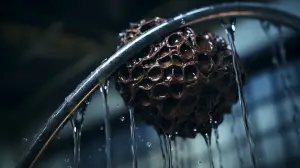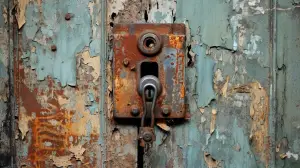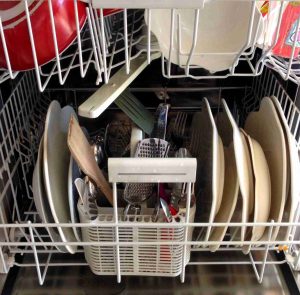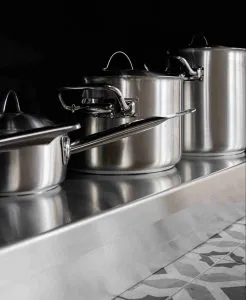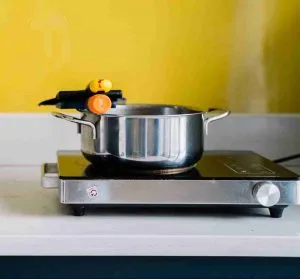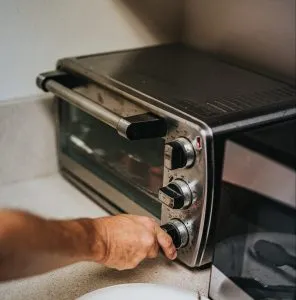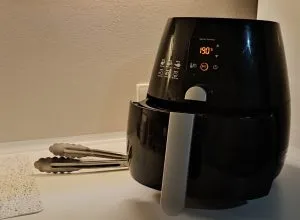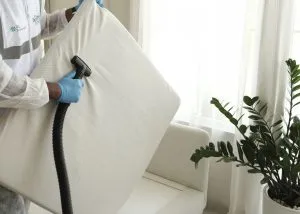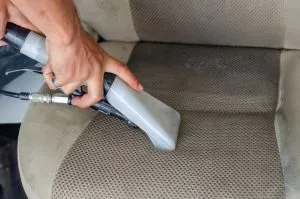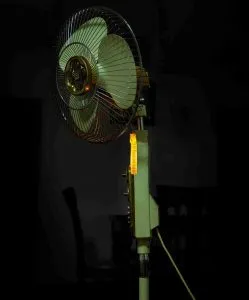Contents
ToggleKey Takeaways:
- Gas-like odors in a house can be caused by various factors, including gas leaks, issues with the water system, or problems in the drainpipes. Identifying the source of the smell is crucial for resolving the issue.
- If there is no gas leak detected, it is important to check the water system. Sometimes the smell of gas may be caused by the presence of high levels of sulfur in the water, which can produce a rotten egg smell. Getting the water tested and installing water treatment systems can help eliminate the odor.
- The drainpipes could also be a potential source of the gas-like smell. If there are blockages or buildup of organic matter in the drainpipes, it can result in foul odors. Regular cleaning and maintenance of the drainpipes can prevent such issues and keep the house smelling fresh.
Introduction
The presence of a gas-like smell in your house can be concerning, even if there is no obvious gas leak. This article aims to provide you with an informative and formal understanding of why your house might smell like gas without a visible leak.
We will explore various potential causes and offer suggestions on how to address and prevent this issue, ensuring the safety and comfort of your home.
Why Does Your House Smell Like Gas?
Gas odors in your home can be concerning, but it doesn’t necessarily indicate a gas leak. Several factors can contribute to the smell of gas within your house. For example, natural gas has a distinctive odor, added for safety purposes, so even a small amount can create a noticeable scent. Additionally, gas appliances, such as stoves or water heaters, can produce a smell if they are not properly ventilated or if there is a malfunction. If you’re dealing with peculiar odors elsewhere in your home, perhaps you’d benefit from understanding issues like skunk smell in your house or bugs that might inhabit your living spaces.
Moreover, faulty gas lines or connections, as well as leaks from nearby sources like sewer pipes or underground gas lines, can also be responsible for the lingering gas odor in your house.
It’s important to note that detecting a gas odor doesn’t automatically mean there is a leak. However, it’s crucial to take the necessary precautions to ensure your safety. If you suspect a gas leak, it is recommended to immediately evacuate your premises and contact your gas utility provider or emergency services for assistance. Leaks can be dangerous and should only be addressed by trained professionals.
Pro Tip: Regularly inspect and maintain gas appliances, ensuring proper ventilation and promptly addressing any issues or unusual odors can help prevent gas-related incidents.
Is the Problem in the Water?
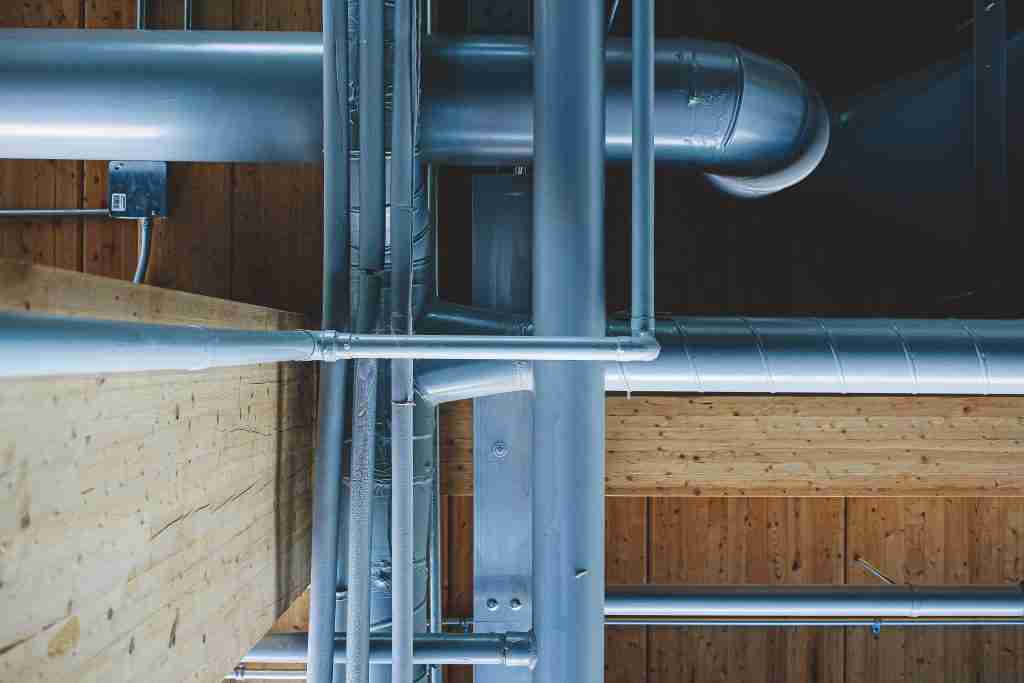
The presence of a gas-like smell in your house could be indicative of a problem with the water supply. This could be a result of potential contaminants or impurities present in the water. It is essential to investigate this matter further to ensure the safety of both your health and the plumbing system.
When faced with a situation where your house smells like gas but no leak is detected, it is crucial to consider the possibility of the problem lying in the water. Factors such as the source of the water, its treatment process, and the piping system in your house should be thoroughly examined. If you’ve experienced other strange scents, it might help to know why your bathroom smells like rotten eggs.
Furthermore, it is important to determine if there have been any recent changes or maintenance work conducted on the water supply infrastructure. This can help pinpoint the potential cause of the gas-like smell in the water.
To address this issue, there are a few suggested steps you can take. Firstly, contacting your local water authority or utility company to report the problem is advised. They can provide information regarding known issues with the water supply in your area and offer guidance on what steps you should take next.
Moreover, installing a water filtration system can help alleviate any concerns regarding water quality and potential odors. These systems can remove impurities and odorous substances, ensuring cleaner and safer water for everyday use.
Is the Problem in the Drainpipes?
If your house smells like gas but there is no leak, it is important to consider whether the problem is in the drainpipes. The drainpipes in your home can sometimes become clogged or damaged, leading to unpleasant odors. If the gas-like smell is coming from your drains, it could indicate a blockage or buildup of debris.
In such cases, it is recommended to have a professional plumber inspect and clean your drain pipes. This will help eliminate any potential sources of odor and ensure the proper functioning of your drainage system.
It is worth noting that other factors such as sewer line issues or plumbing vent problems could also contribute to the gas-like smell in your house. These possibilities should be thoroughly evaluated by a qualified professional to determine the exact cause and appropriate solution. If you’re considering adjustments to your home’s plumbing, you might also want to explore the complexities of plumbing a basement bathroom.
Taking prompt action in identifying and addressing the problem will help maintain a safe and comfortable living environment.
Other Potential Causes
There are several other factors that could be causing the smell of gas in your house, aside from a gas leak.
Here are six potential causes to consider:
- Faulty or dirty gas appliances: Gas appliances that are not functioning properly or are in need of maintenance can emit a gas-like odor.
- Sewer or plumbing issues: Problems with your sewer lines or plumbing system can create an odor that resembles gas.
- Chemical odors: Certain chemicals or cleaning products can produce a smell that may be mistaken for gas.
- Environmental factors: Nearby industries or construction sites could be emitting odors that resemble gas.
- Mold or mildew: The presence of mold or mildew in your house can create a musty smell that can be mistaken for gas.
- Dead animals: A decomposing animal, such as a rodent, could produce a smell that is similar to gas.
It’s important to note that these potential causes should be investigated by a professional to ensure the safety of your home and family. If you are unsure of the source of the gas-like smell, it is recommended to contact a qualified technician or plumber to conduct a thorough inspection. Don’t delay in addressing the issue to prevent any potential risks or hazards!
Conclusion
When your home carries the unmistakable scent of gas without any apparent leaks, it’s more than just a puzzling inconvenience—it’s a call to action. Such an odor often points to issues with gas appliances or perhaps a ventilation system not performing up to par.
Rather than leaving things to chance, it’s wise to promptly enlist the expertise of a professional. They can cut through the mystery, ensuring the root cause is not only identified but also resolved.
Remember, it’s often the silent, unseen threats—like a poorly connected appliance or worn-out components—that can prove most hazardous. Always prioritize safety, trust your instincts, and act decisively to safeguard your home.
Five Facts About House Smells Like Gas But No Leak
- ✅ Gas leaks can be deadly if not detected and addressed promptly. (Source: Team Research)
- ✅ Companies put a chemical called mercaptan in natural gases and propane to give them a rotten-egg sulfur smell, indicating a leak. (Source: Team Research)
- ✅ Sulfur bacteria can produce slime and cause discoloration, clogging up plumbing and irrigation systems. (Source: Team Research)
- ✅ If your home smells like gas, but there is no leak, it could be a problem with your water heater, sulfur bacteria in your plumbing system, or hydrogen sulfide gas in the groundwater. (Source: Team Research)
- ✅ Sewer gas can also cause a rotten-egg smell in your home if there is not enough water in the drain trap, but this can be easily fixed by running water down the drain to fill the trap. (Source: Team Research)
FAQs
Why does my house smell like gas but there is no leak?
If your house smells like gas but there is no leak, it could be caused by other factors such as sulfur bacteria in your plumbing system or water softener, or chemical reactions from decaying matter. It’s important to identify the source of the odor to address the issue properly.
What could be causing the rotten egg-like sulfur smell in my home?
The rotten egg-like sulfur smell in your home could be caused by mercaptan, a chemical added to natural gases and propane to make them odoriferous in case of a leak. However, it could also be due to hydrogen sulfide gas or sulfur bacteria, which can lead to discoloration, slime formation, and plumbing issues.
How can I determine if the odor is coming from the water or another source?
To determine if the odor is coming from the water or another source, you can perform a simple test. If there is no smell from cold water, the issue is likely in the water heater. If you detect the smell in cold water, you should check faucets that aren’t connected to a water softener. If these faucets have the same smell, there might be sulfur bacteria in your softener. Letting the water run for a few minutes can help identify if it’s a groundwater issue or a problem with your well or plumbing system.
How can I fix a rotten egg smell in my water heater?
If you’re experiencing a rotten egg smell only when the hot water is on, the issue is likely sulfur bacteria in your hot water tank. Flushing and disinfecting the tank using a chlorine bleach solution can help eliminate the bacteria. Increasing the water temperature to 160 degrees can also kill remaining bacteria. Consider upgrading to a zinc or aluminum-zinc alloy anode rod to prevent future problems. For well water users, a chlorination treatment by a plumber may be necessary to address bacteria from the well.
What should I do if my house smells like sewer gas?
If your house smells like sewer gas, it’s essential to check the plumbing traps in drains that aren’t frequently used. Sewage gas, which smells like rotten eggs, can enter your home when the trap doesn’t contain enough water. Turning on the faucet for a few seconds to let water flow down into the drain can refill the trap and prevent further gas infiltration. In basements, pouring water down the floor drain can solve the issue.
How can I identify and fix potential issues with my well, plumbing system, or water softener?
If you suspect a problem with your well, plumbing system, or water softener, it’s important to investigate further. Look for black stains on silver and corrosion on pipes, which may indicate the presence of hydrogen sulfide gas. If you observe other signs like broken drain pipes, clogged drain vents, or persistent foul smells, it’s advisable to consult a professional plumber to identify and address the root cause.
Additional Reading
After troubleshooting the gas odor, you might encounter other household odors and cleanliness challenges. To gain a broader perspective on home smells and cleaning topics, consider the following articles:
- Why Does Vinegar Smell Bad?: Vinegar is a potent cleaner, but its distinct odor can be off-putting. Dive into the science behind its pungent aroma.
- Fridge Smells Bad Even After Cleaning: A stinky fridge can be a source of kitchen woes. Discover solutions to remedy even the most persistent odors.
- How to Keep Spices from Clumping: A guide on ensuring your spices remain free-flowing and fresh, so your culinary adventures don’t suffer any setbacks.
- Should I Throw Away Moldy Dishes?: Mold is never a welcome guest. Get insights on how to handle moldy dishes and whether they can be salvaged.
- How to Clean Toilet Plunger: A tool every home has but rarely discusses. Learn the best practices to keep your plunger clean and germ-free.









